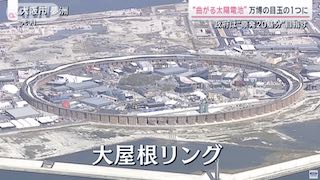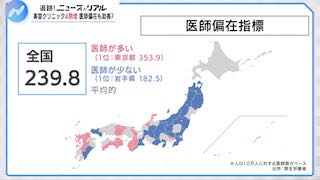TOKYO, Aug 20 (News On Japan) - With scorching temperatures continuing to grip Japan, some companies are taking bold steps to protect their employees by allowing remote work on days deemed too hot to safely commute.
One such company is Trinity, a smartphone product development and sales firm based in Niiza City, Saitama Prefecture. With around 20 employees, Trinity has introduced a new policy in response to the heat. According to Vice President Yohei Yamamoto, the company has decided to recommend remote work on days when the temperature exceeds a certain threshold to prevent heatstroke among its employees.
“We’ve discussed this internally and decided to implement a system where remote work is recommended when temperatures rise to a level that poses a risk of heatstroke,” said Yamamoto.
The initiative was spurred by Yamamoto's personal experience. "One morning, I saw an elderly woman collapse from heatstroke in front of our office. A few days later, one of our employees had to take time off due to heatstroke as well," he recounted.
Trinity now bases its remote work recommendations on the "Heat Index," a measure used by the Ministry of the Environment. When the index reaches or exceeds 33, which triggers a heatstroke alert, the company encourages its staff to work from home.
This move has not only helped protect employees' health but has also led to increased efficiency in the workplace. According to the Ministry of Health, Labor and Welfare, last year saw 1,106 cases of heatstroke at workplaces, resulting in either death or the need for more than four days off, marking an increase of over 30% from the previous year.
Employees at Trinity have expressed their gratitude for the new policy. "I’m really thankful for this system. As an employee, I feel it’s something we should have," one employee said. Another added, "I’m full of gratitude. Although I don’t feel the heat much while commuting, waiting for trains or transferring between lines, the heat hits suddenly and can make me feel unwell."
Yamamoto emphasized the importance of recognizing heat as a potential disaster, similar to other natural calamities. "It’s becoming increasingly clear that we need to treat heatstroke as a type of disaster that requires proactive measures," he said.
In the end, the policy has not only safeguarded employees' health but also enhanced productivity by allowing work to begin in optimal conditions.
Source: ANN















